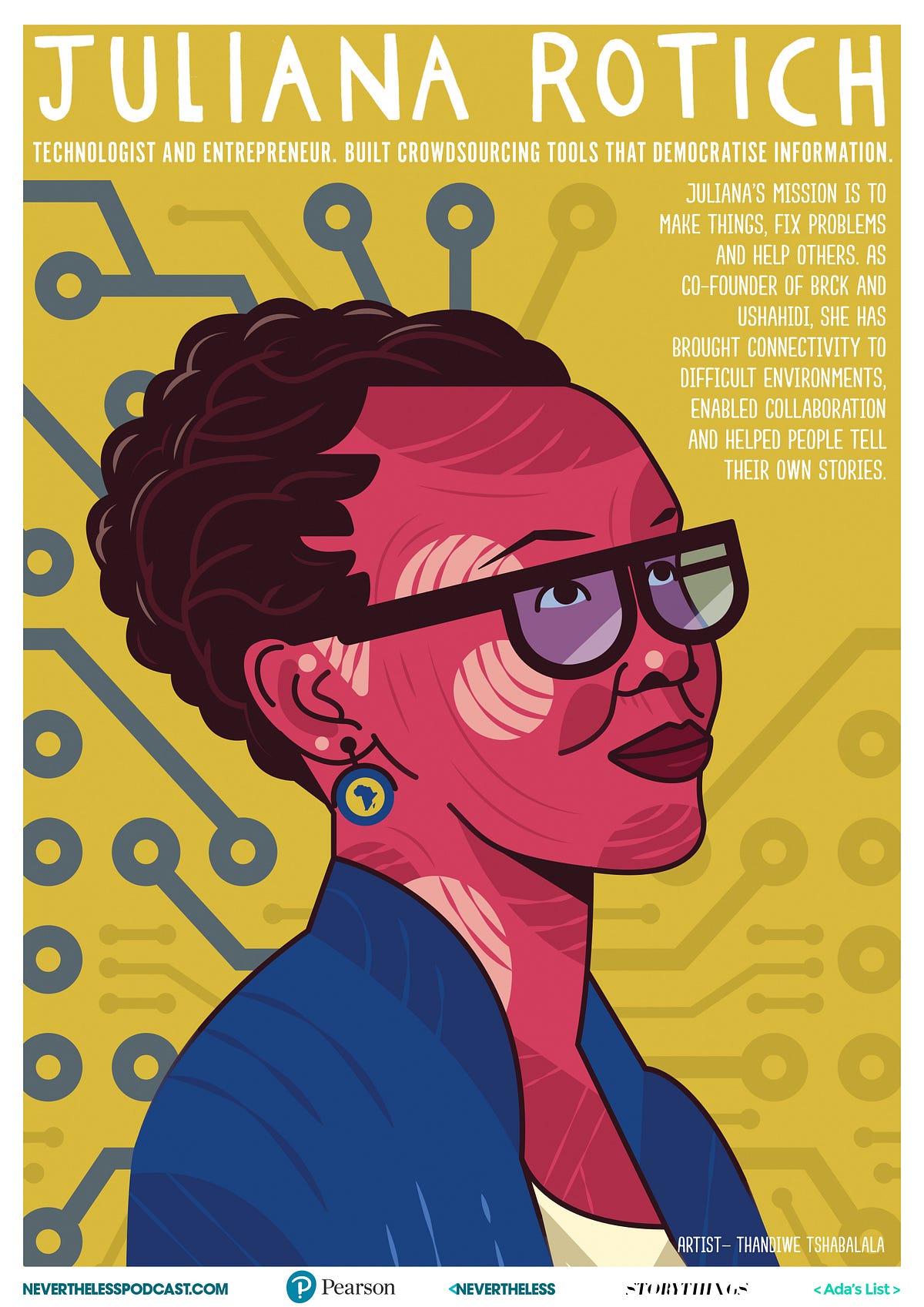Weeknotes E51
Each week I’m going to keep a running update of the work I’ve done & things I’ve learned along the way.
My current priority:
Assisting the formation of NHSX & working with mental health teams, supporting the Healthy Start private beta.
Some interesting and shareable things that happened this week. Other more mundane things also happened…
Image I enjoyed this week
London digital IAPT (Improving Access to Psychological Therapies programme)
In the past few weeks I’ve been in a few conversations around IAPT. Another one this week and super super interesting. Included;
- meeting suppliers
- understanding the market a little better
- hearing about plans for the future
- impact of MHRA plans
- a bunch of other insights into how services are created and maintained within the NHS. More work falls out of it. Really enjoy learning the context of why things get kicked off and unpicking decisions made.
Banning the word portal
There was a meeting with a team we helped out a few months ago and managed to ban the word “portal” from their vocab (with the lure of a chocolate bar on the table). The words we use matter. The fact that they understood why to use an alternative infers progress to me. There is an amazing blog post on no user ever really wants a “portal” but struggling to find. Not helpful sorry.
Predictive prevention
Really interesting ask from colleague to review docs related to predictive prevention. Fascinating topic to muse on, especially for those with a keen interest in making sure public bodies are responsible actors. Lots of thoughts and opinions shared and some links to some existing work on what you may call prediction prevention (e.g. work on preventing suicide).
Having previously worked on prototyping a service in DWP that utilised prediction some reflections from experience;
- is it right to do? Just because we can, very different from should.
- do you have consent?
- what happens with the prediction? If it influences decision making we have to be very careful of unintended consequences. We killed our own project because we, in part, believed consequences could be negative for a user.
- the model is only as good as the data. It’s easy to say we’ll be clever and predict things but is the data in the right shape to give us meaningful outputs. Some sources of data might be authoritative and accurate but many will not be. To wrangle them takes more time then people would like to accept.
- prediction shouldn’t sit in isolation of a service. Teams responsible for services (with full understanding of their users) should decide where it is beneficial to predict and prevent in a well constructed journey.
Mental Health Discovery plans
For a few weeks we’ve been scoping a potential discovery within the NHS England mental health team. We’ve done layers of prioritisation and understanding what would be valuable to work on. Plus who should be involved with it (watch this space for recruitment). We are up to the point where we have an area we want to focus on but my task in the next few weeks is to help define the problem, with more clarity, for a team to come in and work on.
This week I strategised how to get where we need to be and am doing the following;
- have a “submit an idea” form that will be sent to experts/stakeholders/team working on broad area of mental health we are provisionally focusing on. It’s been designed in the ilk of a product brief so short and structured. I want team et al to have a stake in what gets done, get experts to suggest areas to focus on rather than me make arbitrary choices.
- depending how many we have I’m going to need to do some curation (with an subject matter expert) into a congestible form so that…
- a collection of the team prioritise what problem we tackle first. I’ve got some criteria for that but I want constructive chat and then for us to vote and reach consensus. I hope this gets buy-in from people and is a transparent method of why we are working on x rather than working on y.
Returners
YEAH Isaac returns. Already signed up to help with mental health work.
Prep for design conference
I’ve been accepted to speak at the International Design in Government conference. Firstly I never apply for things like this so fun new experience. Slightly daunting as I pitched for 15 minutes then got asked to do 45 minutes. So expect x3 the fun and hilarity.
Meeting people building mental health services
Great chat hearing from someone building mental health service online. Fascinating reflections on how they are designing for children and young people. Tidbits to consider;
- children more accepting of online services as have more comfort/control of the experience then stuck in clinical setting that may feel oppressive.
- prevalence of the use of avatars, are children and young people more accepting of care from non-human actors?
- gamification still popular (I have some previous with this - including building a prototype of product using gamification for kids )
- importance of family during health interventions
What I’ve been reading
- The preachers getting rich from poor Americans
- Design patterns for mental health! Really cool. Maybe we can add to this.
- Decline of cash in the UK.
- Unbuilt in Tokyo. Beautiful collection of buildings and futurism.
- Those experiencing/experienced domestic abuse more vulnerable to serious mental illness.
- DXW product playbook. Nodded my head to these.
- Estonia and Finland already doing joined up healthcare. A future is possible where we care across borders.
- Review of the City Mapper pass in London. £31 a week for travel around London.
